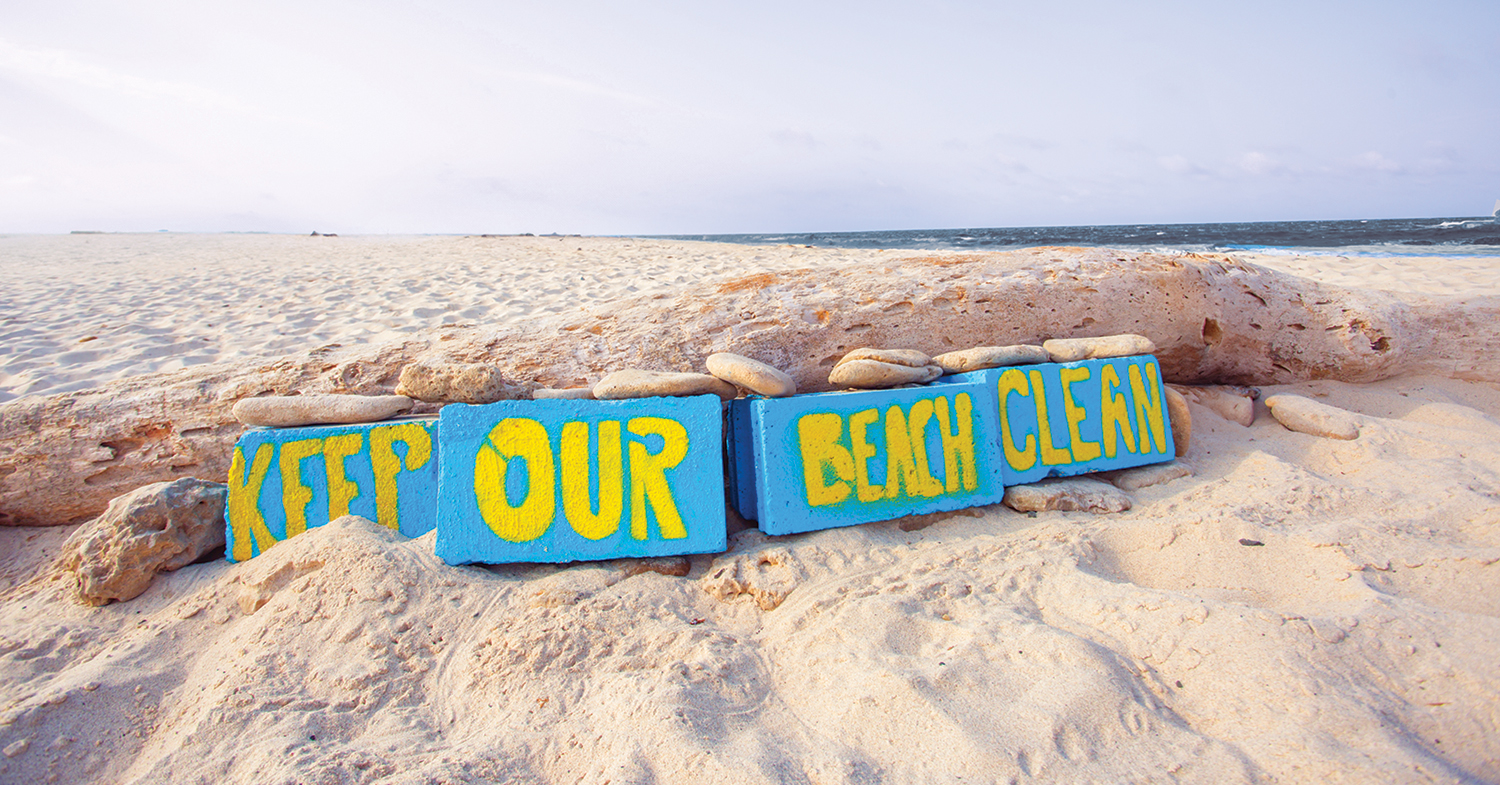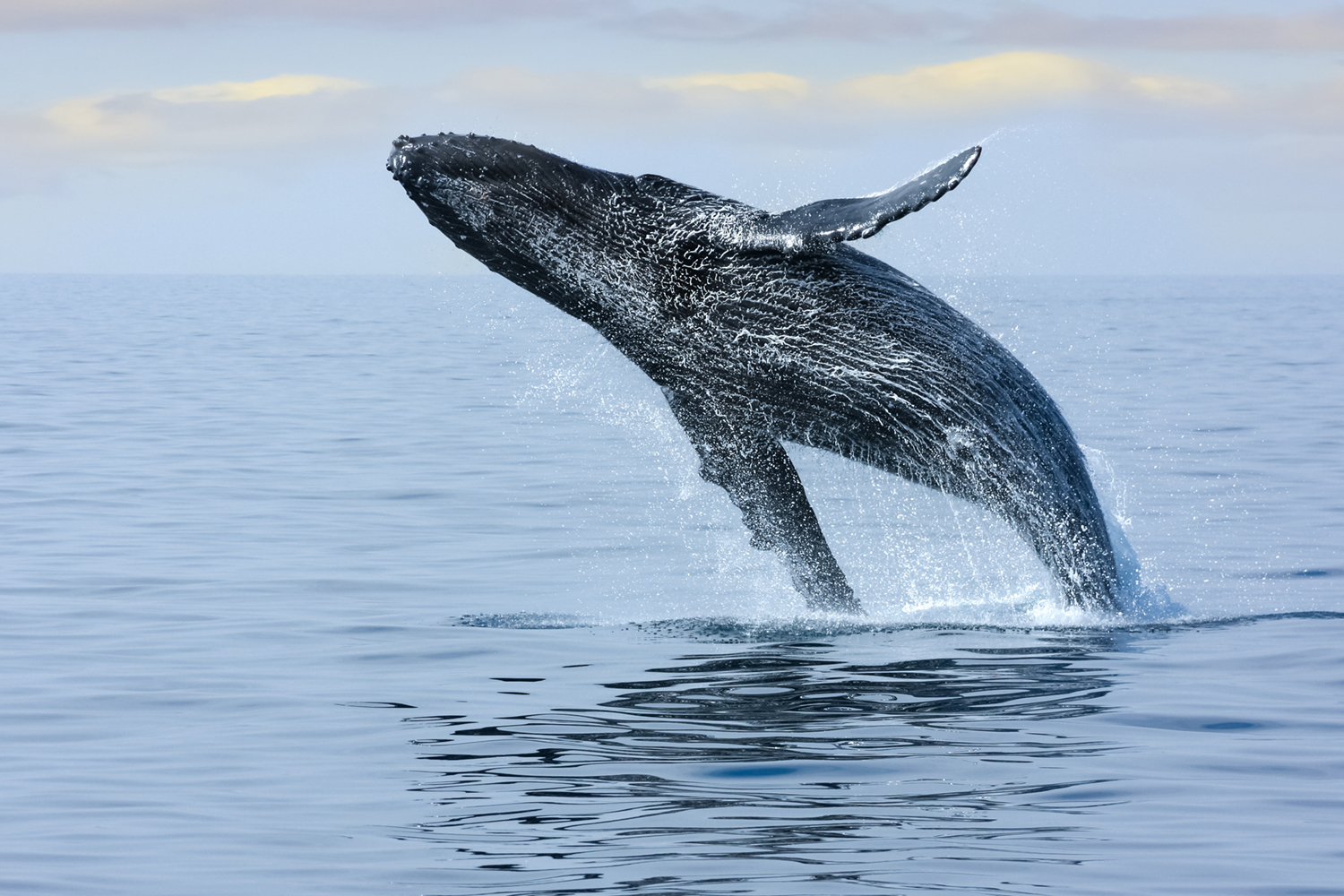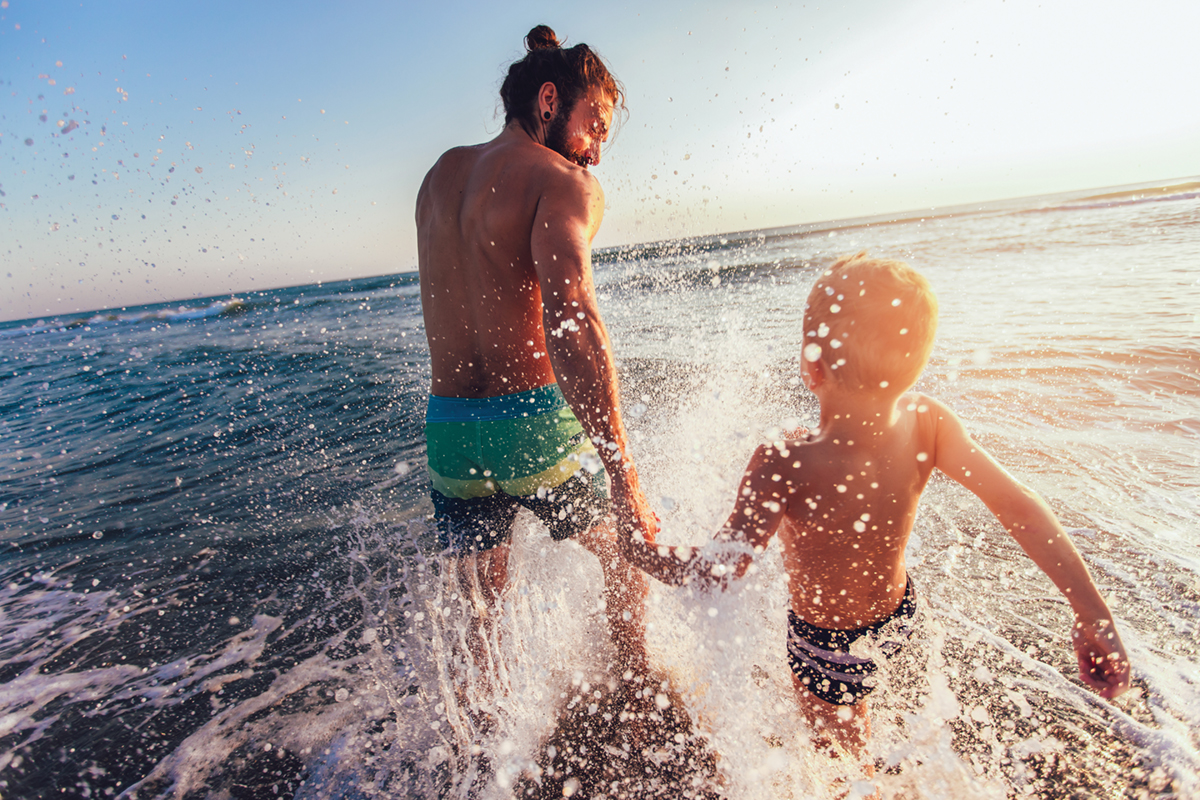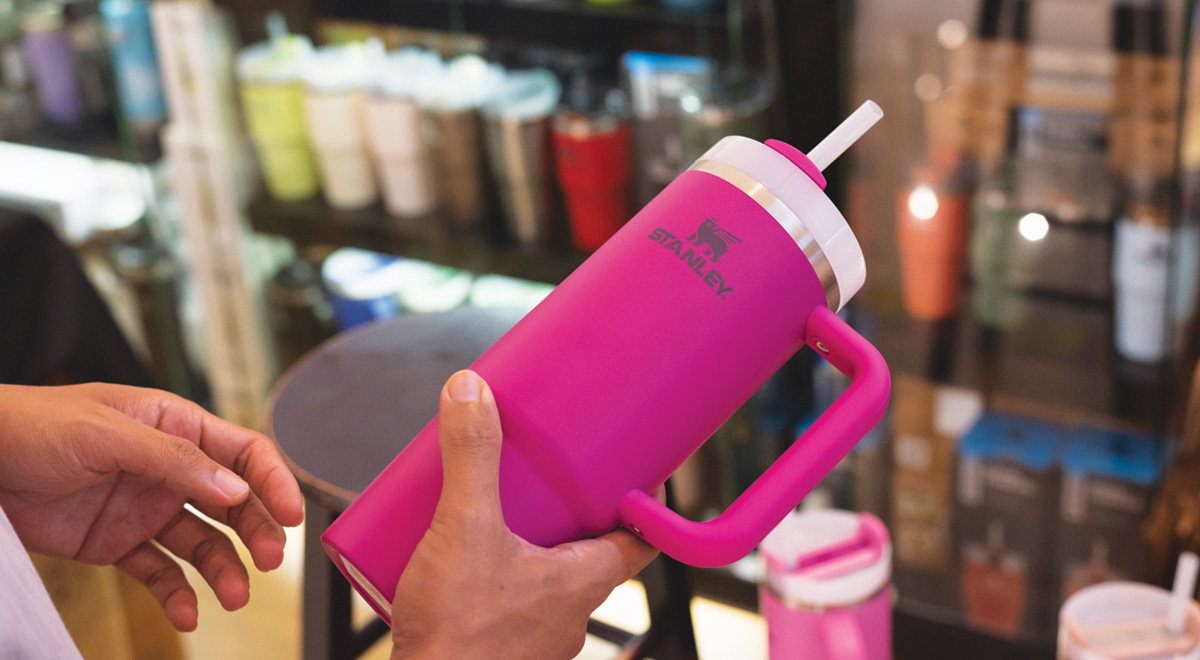In celebration of World Ocean Day, join the Marine Education Research and Rehabilitation (MERR) Institute at its Lewes facility on Saturday, June 8 for a day of family fun and education. The day will kick off at 8 a.m. with a beach clean-up of Beach Plum Island followed by an afternoon of activities from 10 a.m. to 2 p.m. The event is free and open to the public and donations will be accepted upon entrance. MERR’s World Ocean Day Celebration will feature a craft tent, several family-friendly games, an oceanic-themed scavenger hunt, educational exhibits, a film screening, and a chance to speak with members of MERR’s stranding team. Clean-up participants will meet at the MERR facilities at 8 a.m. where they will receive instructions, trash bags and gloves before heading out. For those unable to attend in person, MERR will also host a virtual beach clean-up in which participants can log in and tag the organization to be a part of the celebration.
At 1 p.m., MERR will hold a screening of Saving the Right Whale hosted by Marcus Reamer, whale and dolphin conservation expert and Ph.D. candidate at the University of Miami’s Rosenstiel School for Marine, Atmospheric, and Earth Science. This event is part of his research on the use of environmental media in U.S. whale conservation. The screening will be followed by an audience discussion session about the making of the film. Information for the event will be posted on the MERR website at
merrinstitute.org.
Cape Water Tours will offer a Dolphin Watch tour in cooperation with MERR in which participants will receive a fully narrated tour by a MERR Naturalist and are invited to participate in a citizen science program and submit information on the local bottlenose dolphin population. The tour departs at 9:30 a.m. from the Ferry Terminal and tickets can be purchased from Cape Water Tour’s website (www.capewatertaxi.com).
About World Ocean Day
Starting with only 25 events in 15 countries in its initial year, this year’s 21st annual World Ocean Day has bloomed into a sea of more than 10,000 organizations hosting 15,000 events in more than 140 countries. Each year the event highlights a particular area of concern for the ocean (since there are a multitude of issues it faces). This year’s focus is “Catalyzing Action for Our Ocean & Climate” and includes:
- The best use of all existing climate solutions
- Accelerating a transition to clean and renewable energy
- Stopping fossil fuel extraction, including oil, gas, and coal
- Phasing out its existing production of single-use plastics
- Amplifying the voices of leaders working to implement action within their communities
- Protecting and restoring natural coastal and ocean ecosystems (and on land) by creating protected areas covering at least 30% of our lands and waters by 2030
- Creating solutions at the local, national, and international levels based on the best science
- Local Impact and Ongoing Efforts
A report published in “Science Advances” has uncovered that the Delaware River is one of the rivers dumping the most plastic pollution into the ocean. According to the study, more than 283,000 pounds of plastic waste are carried by the Delaware River and dumped into the ocean each year. According to a 2016 article in “The News Journal,” the Delaware Beaches alone amass about 10 to 11 tons of trash every day. The issues facing the oceans are well beyond what a single day can fix, so here is a list of practices and initiatives that could help turn the tide for ocean health.
Beach clean-ups
It may seem Sisyphean: picking up beach litter only to have more trash return the following days, weeks, and months. But clean-ups do more than temporarily beautify the beaches. They also model conscientious beach behavior and good citizenship.
Shop with awareness
Of the 8 million metric tons of plastic that make their way into the world’s oceans annually, 236,000 tons are microplastics. We can prevent the creation of microplastics by eliminating the number of plastics we use daily (from takeout utensils to bottles of water). The site beatthemicrobead.org, provides a listing of products (skincare, toothpaste, soaps, cleaners) with and without microplastics.
Refuse to use plastic
Bring your own reusable stainless-steel straw to restaurants. Consider reusable wax-lined bags instead of single-use sandwich bags. And lastly, shop with reusable canvas bags.
Make sure you are recycling right
If you are unsure of what is and isn’t recycled in your area, enter your zip code here: www.iwanttoberecycled.org. Just because a product has that little triangle with arrows on it doesn’t mean it is ready to recycle.

If you encounter a stranded marine mammal or sea turtle, contact MERR Institute at (302) 864.0304 or email merrinstitute@gmail.com. MERR is a 501(c)(3) organization dedicated to the conservation of marine mammals and sea turtles and their habitat. MERR provides rescue and response for stranded marine animals that occur throughout the State of Delaware.
Rob Rector has served as naturalist and board member for 20 years, is a certified Protected Species Observer, and leads weekly dolphin observation tours that use citizen science to gather information on our local Bottlenose Dolphin populations.
















